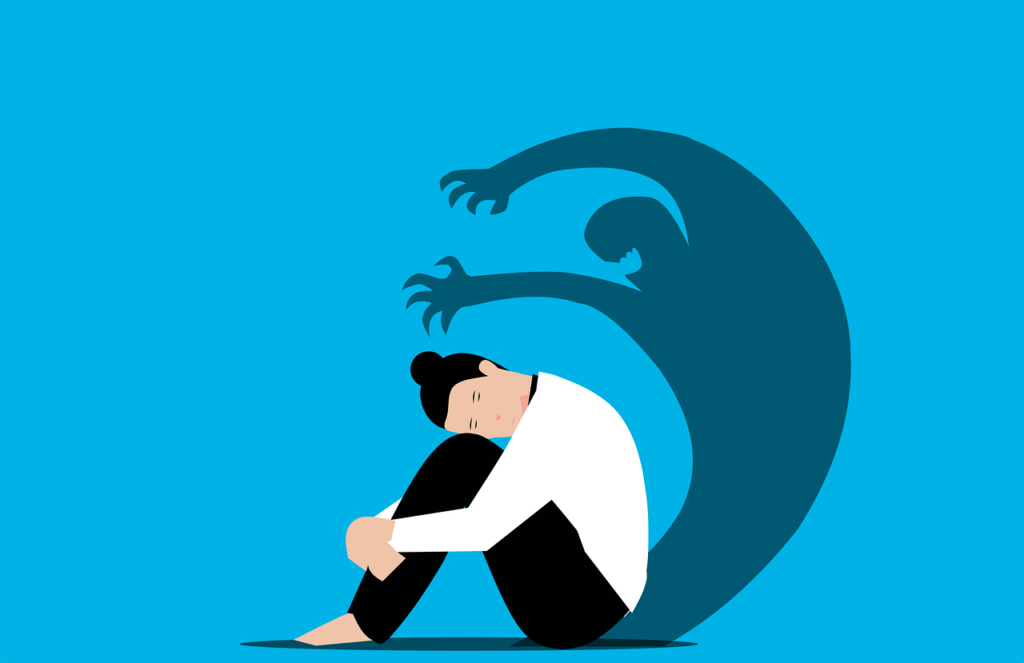
In today’s fast-paced world, stress has become a constant companion for many of us. Whether it’s the pressures of work, the challenges of daily life, or the state of the world around us, finding ways to effectively manage stress is crucial for maintaining our mental health and overall wellbeing. This post delves into practical tips and strategies designed to help you identify your stress triggers, cope with daily stressors, and cultivate a sense of balance and peace in your life.
Understanding Stress
Before diving into stress management techniques, it’s essential to understand what stress is and how it affects us. Stress is the body’s response to any demand or challenge, which can be physical, mental, or emotional. While stress is a natural part of life, chronic stress can have significant impacts on our health, mood, productivity, and relationships.
Tips for Managing Stress
1. Identify Your Triggers
- Tip: Keep a stress diary to note when and why you feel stressed. Recognizing patterns can help you address the root causes.
2. Practice Mindfulness and Meditation
- Tip: Incorporate mindfulness practices into your daily routine, such as meditation, deep breathing exercises, or yoga. These practices can help calm your mind and reduce stress levels.
3. Establish Healthy Boundaries
- Tip: Learn to say no and set limits to prevent overcommitment. Prioritize your tasks and responsibilities to avoid feeling overwhelmed.
4. Stay Connected
- Tip: Maintain a supportive network of friends and family. Sharing your thoughts and feelings with others can provide relief and a sense of being understood.
5. Take Care of Your Body
- Tip: Regular physical activity, a balanced diet, and sufficient sleep are foundational for managing stress. Exercise, in particular, is a powerful stress reliever.
6. Make Time for Hobbies and Interests
- Tip: Engage in activities that bring you joy and relaxation. Whether it’s reading, gardening, painting, or playing music, hobbies can serve as a valuable outlet for stress.
7. Learn Relaxation Techniques
- Tip: Explore relaxation methods such as progressive muscle relaxation, guided imagery, or biofeedback to find what works best for you in reducing stress.
8. Seek Professional Help When Needed
- Tip: If stress becomes overwhelming or persistent, consider seeking the advice of a mental health professional. Therapy can provide strategies and support for coping with stress.
FAQs
Q: How do I know if my stress levels are too high? A: Signs of excessive stress include persistent worry, irritability, difficulty concentrating, physical symptoms (like headaches or stomachaches), and changes in sleep or appetite.
Q: Can stress have positive effects? A: In small doses, stress can be beneficial, motivating us to meet deadlines or perform well. However, chronic stress can have detrimental effects on our health and wellbeing.
Q: How can I manage stress at work? A: Prioritize and delegate tasks, take regular breaks, practice relaxation techniques, and communicate openly with your colleagues and supervisors about your stressors.
Wrapping Up
Managing stress is not about eliminating it completely but learning how to cope with it effectively. By understanding your triggers, incorporating stress-reduction techniques into your daily life, and seeking support when needed, you can maintain a healthier balance and improve your overall mental health. Remember, it’s okay to ask for help, and taking care of your mental health is a sign of strength, not weakness.
Whether you’re dealing with the pressures of work, school, or personal challenges, remember that you have the tools and resources to manage stress and navigate the ups and downs of life with resilience. Here’s to taking positive steps toward a less stressful, more fulfilling life!

